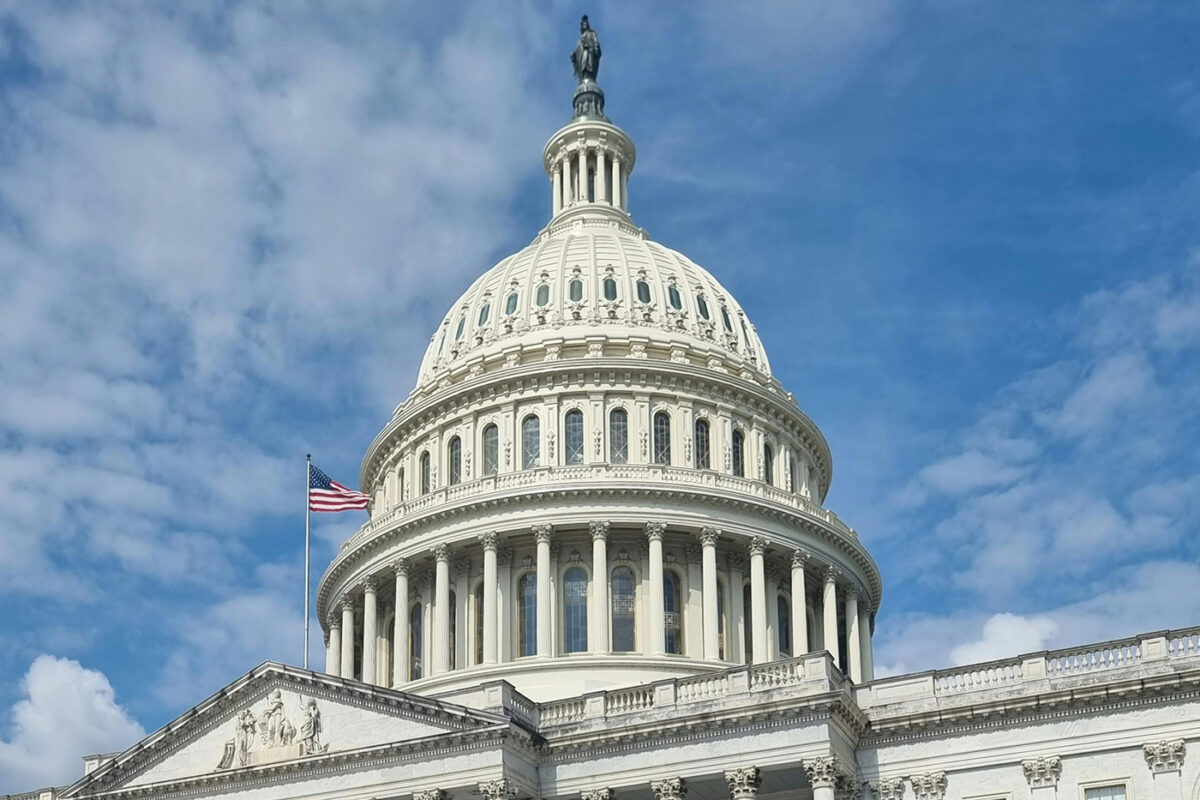
Author
Jennifer Wessel, JD, MPH
Senior Policy Analyst and Data Privacy Officer
501-526-2244
JBWessel@achi.net
On Nov. 2, the Centers for Medicare and Medicaid Services (CMS) issued the 2022 Physician Fee Schedule (PFS) final rule, which focuses on promoting the use of telehealth and other telecommunications technologies. The rule also finalizes changes to the Medicare Diabetes Prevention Program (MDPP) expanded model and continues efforts to address the COVID-19 public health emergency.
Telehealth usage has surged during the COVID-19 pandemic, and the federal government has taken several temporary measures to improve access to telehealth services. For example, Medicare authorized payment for office, hospital, and other visits conducted via telehealth for beneficiaries residing in urban areas. Previously, Medicare would only pay for telehealth services for beneficiaries in rural areas who received the services at authorized healthcare sites. The Consolidated Appropriations Act (CAA) of 2021 permanently removed the geographic restrictions for telehealth mental health services and added an individual’s home as a permissible site. CMS continues to evaluate payment for other telehealth services that were added to Medicare’s list of payable telehealth services during the public health emergency, but those services will remain on the services list at least through Dec. 31, 2023.
Other highlights of the PFS final rule are summarized below.
- At the conclusion of the public health emergency, Medicare will again restrict most telehealth services to beneficiaries residing in rural areas who receive services at authorized healthcare sites. Under the CAA, however, mental health services will not be subject to these restrictions. To implement this provision of the CAA, an in-person, non-telehealth service must be provided to the beneficiary no more than six months prior to the initial telehealth service. The rule also establishes that an in-person visit must occur every 12 months unless the patient and practitioner agree that the benefits of an annual in-person visit are outweighed by risks and burdens associated with in-person services.
- The definition of “interactive telecommunications system” for purposes of telehealth services has been expanded to include audio-only communications for mental health services for established patients. However, practitioners who utilize audio-only communication must also have the capability to furnish audio-visual communication.
- To encourage more suppliers to participate in the MDPP expanded model, CMS is waiving the Medicare enrollment fee ($599 in 2021) for all organizations that apply as an MDPP supplier on or after Jan. 1, 2022. CMS also is shortening the mandatory service period from two years to one year and awarding larger payments to MDPP suppliers whose participants reach milestones for attendance.
- Medicare covers medical nutrition therapy services when the services are performed by registered dietitians and nutrition professionals pursuant to a referral from a physician. The PFS rule eliminates the requirement that the referral be made by the treating physician and instead allows it to be made by any physician.
- The rule continues an enhanced payment rate for the COVID-19 vaccine through the end of 2022. Starting in 2023, the rate will be set to align with the Medicare Part B payment rates for other preventive vaccines.
- Medicare will pay $30 per dose – up from $17 – for the administration of the influenza, pneumococcal, and hepatitis B virus vaccines.
- Beginning Jan. 1, 2022, physician assistants may bill Medicare directly for their professional services. Prior to this change, payments were made to physician assistants’ employers and precluded physician assistants from directly billing Medicare. Note that the change only affects billing for services and not the requirement for physician supervision.
A press release and fact sheets published by CMS provide additional details about these and other changes under the rule.






